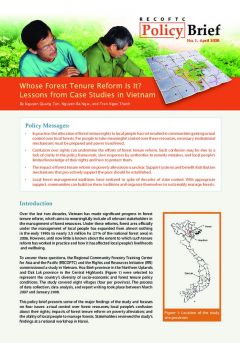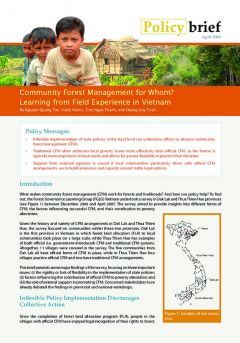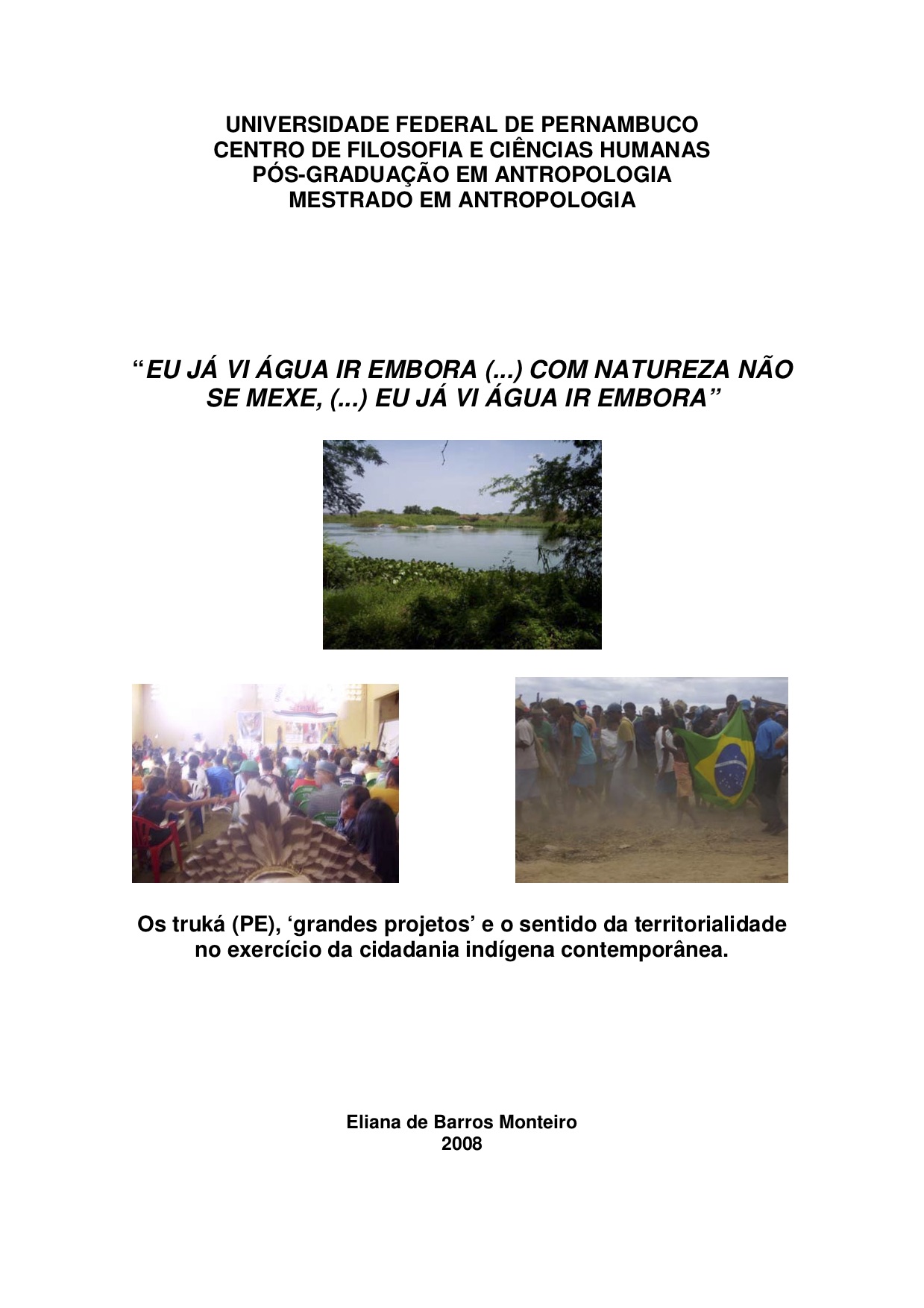Landmines: reason for flight, obstacle to return
Burma/Myanmar has suffered
from two decades of mine
warfare by both the State Peace
and Development Council and
ethnic-based insurgents. There
are no humanitarian demining
programmes within the country.
It is no surprise that those states
in Burma/Myanmar with the most
mine pollution are the highest
IDP- and refugee-producing
states. Antipersonnel mines
planted by both government
forces and ethnic armed groups
injure and kill not only enemy
combatants but also their own






